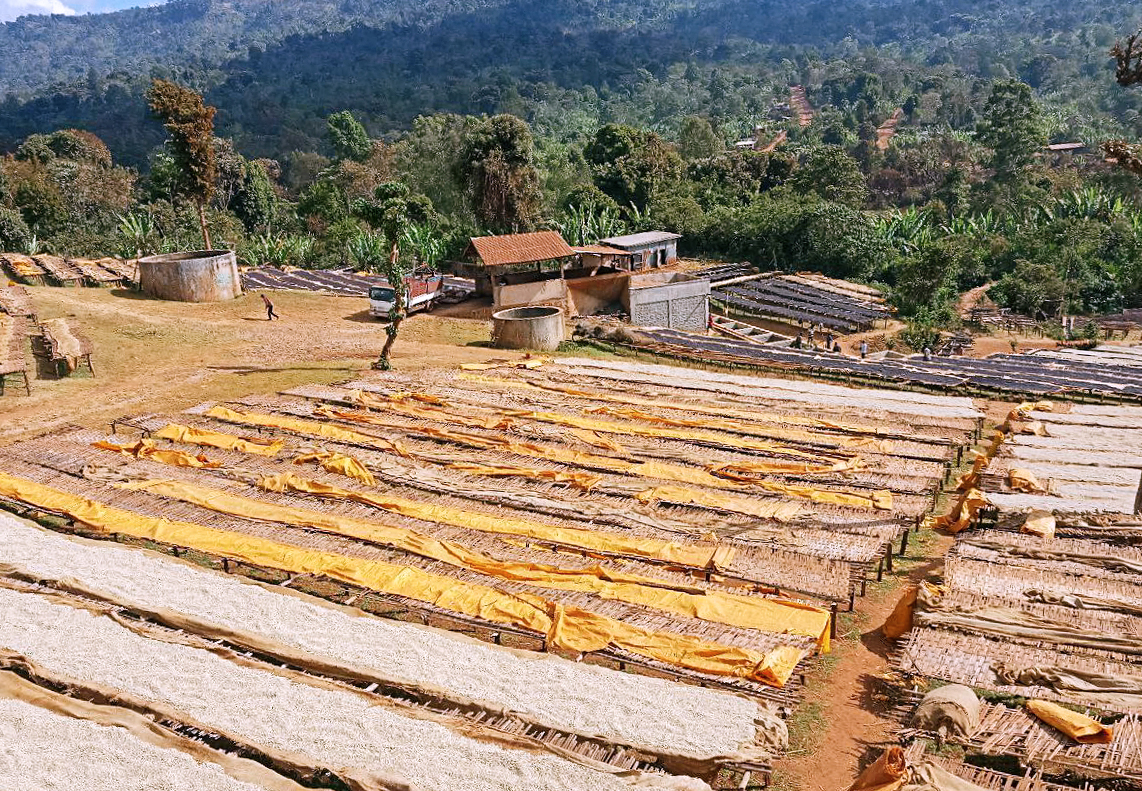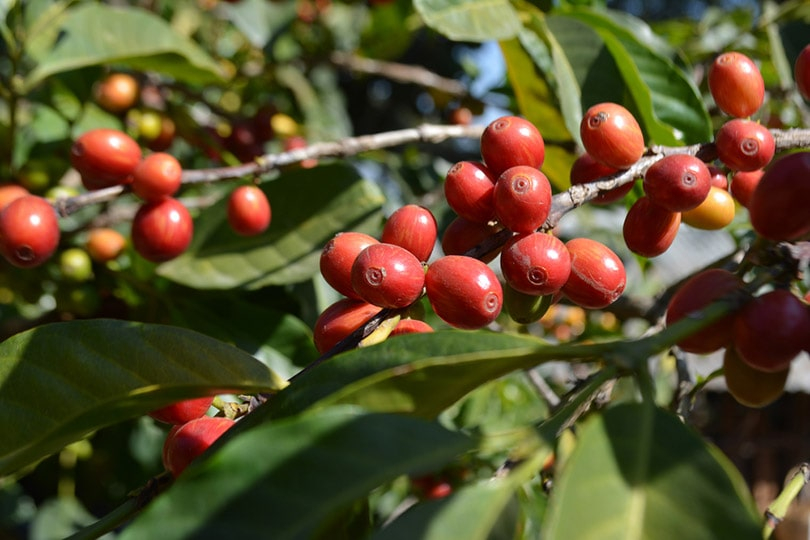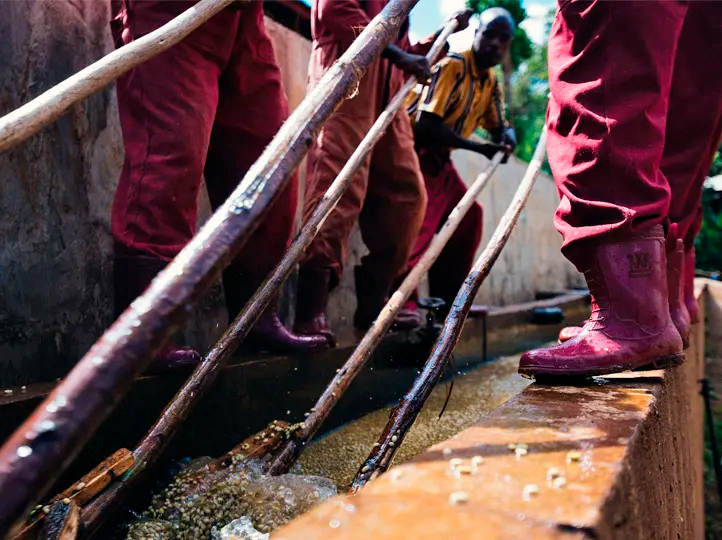









Ethiopia
Cup Notes: Green Tea, Peach, Orange, Verbena
One of our all-time favourites is back! This washed Ethiopian lot never fails to impress. Once again this year, it delights with all its signature traits: expect an intensely fragrant, vibrant, and beautifully balanced cup.
Suggested for espresso and filter
when we roast
We freshly roast to order all coffees on Monday, Wednesday and Friday (excluding national holidays), and ship the same day! Cut-off time is 11:59pm (UTC+1) of the day before the roast day. *We only ship whole beans*
This Grade 1 washed microlot comes from the Worka Wuri wetmill in Gedeb, near Yirgacheffe. The mill processes cherries from around 650 local smallholder farmers who grow coffee at elevations of up to 2,100 masl.
The Worka Wuri washing station is located near the town of Gedeb in the Gedeo Zone of the SNNP region of Southern Ethiopia. Over the years, this region has earned a distinguished reputation for its exceptional coffees, producing some of the world’s most sought-after microlots. The combination of high altitude (up to 2,200 masl in certain areas), fertile soil, consistent and plentiful rains, and a wealth of local expertise all contribute to the high status of Yirgacheffe coffees.

The varieties present in this lot—74110, 74112, and 7454—are improved Ethiopian selections developed by the Jimma Agricultural Research Centre (JARC) in the 1970s.
Originating from wild coffee trees in the forests of Metu, Illubabor, these cultivars were chosen for their natural resistance to coffee berry disease and leaf rust, as well as their high yield potential. 74110 and 74112, in particular, are compact and resilient plants that thrive at high altitudes and are now widely grown across regions like Sidama and Yirgacheffe.
While each variety was bred for agronomic performance, they have also earned recognition in the specialty world for their vibrant acidity, floral character, and juicy, clean cup profiles—embodying the unique expression of Ethiopia’s terroir through thoughtful agricultural selection.

Once the ripe cherries arrive at the wet mill, they are carefully sorted and pulped, then left to ferment for 36 to 48 hours, depending on the weather conditions. The parchment coffee is then thoroughly washed and separated by density before being sun-dried on raised African beds for 12 to 15 days, until the ideal moisture level is reached.
During the day, the parchment is gently raked and turned to ensure even drying. It is covered between midday and 3 p.m. to protect it from the intense sun, and again at night to shield it from moisture and rain.
Once perfectly dried, the coffee is transported to Addis Ababa for dry milling, grading, meticulous sorting, and final handpicking. It is then packed in GrainPro bags, ready for export.
